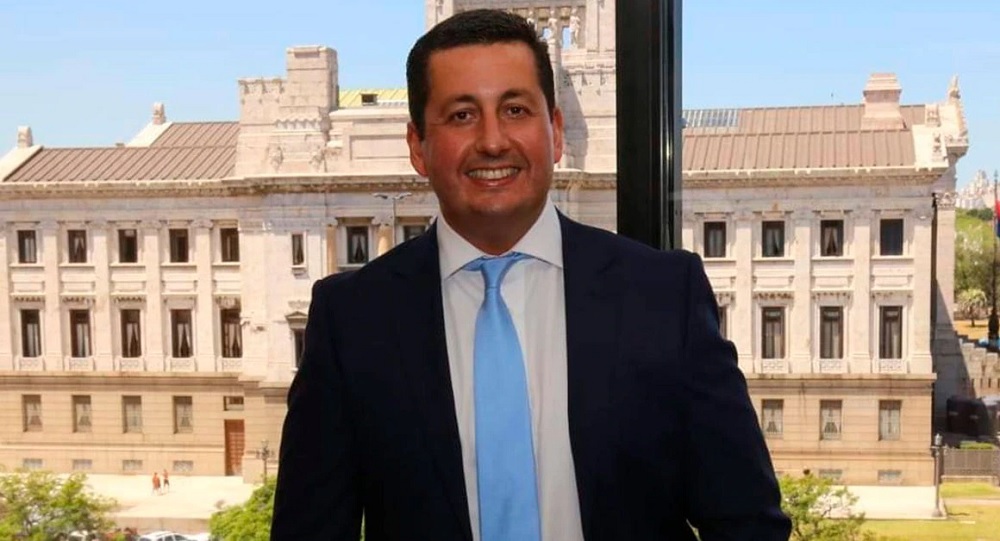RIO DE JANEIRO, BRAZIL – According to the deputy, the goal is to allow foreign universities to establish themselves in Uruguay “with greater flexibility and certainty.” “In an increasingly globalized world, we have a tremendous opportunity to attract investment also linked to academia,” the Maldonado legislator said.
“Apart from the fact that it is a real possibility for the whole country, our Department (Maldonado) has the geographical, social and academic conditions to attract foreign institutions,” he added.

Echeverría said that this type of investment “generates direct and indirect jobs, at the teaching, service, real estate, hotel, gastronomic and transportation levels,” among others.
“It is welfare for our people (…) There is no doubt that we have everything to be a reference of university education open to the world. To this end, we must make several changes to the current system (slow, bureaucratic, unfriendly) and on development,” he said.
According to the details in the bill presented by the Uruguayan deputy before the Chamber of Deputies, its pillars are recognition of legal status, approval of subjects abroad, requirements for teaching staff, and telematic educational modalities.
“The legal status of foreign institutions will be recognized in accordance with the Private International Law rules in force for the purposes of authorization to operate in the country and to be recognized at the academic level, waiving the requirement to act as civil associations or non-profit foundations, nor will it be mandatory to adjust their statutes to the requirements of domestic law if it does not violate the international public order,” the text establishes.
It also notes that “once a foreign institution is authorized, the subjects taken and approved by its students in the same institution abroad will be recognized, which may not exceed 25% of the total credits or subjects of the course.”
“During the first 5 years counted from the authorization, at least 50% of the academic staff must comprise nationals or legal citizens, or residents in the country for a period of no less than 3 years, and in the case of postgraduate programs, 20% in areas where there are few local experts. The regulations will be applicable for the subsequent years,” he adds.
Finally, with respect to telematic educational modalities, Echeverría’s bill states that “the Executive shall regulate the requirements for admission to approval of subjects through telematic educational modalities of foreign teaching institutions and the creation of virtual environments or their management in the country, in order to be recognized.”
“The teaching of a graduate course by a foreign teaching institution exclusively under the telematic modality shall not be recognized,” it adds.

